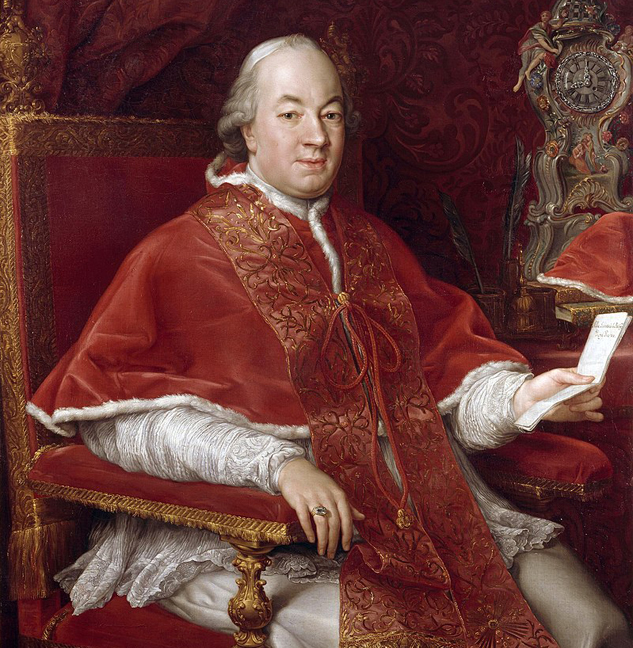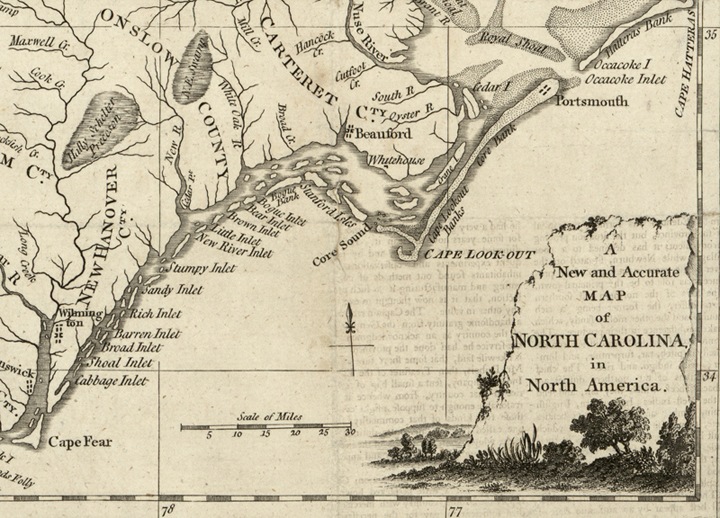As commander-in-chief of the Continental Army, George Washington was involved in many battles, both military and political, during the revolution. A battle with both military and political aspects was Washington’s effort to obtain army lieutenant generals. Although often identified as a lieutenant general (or even a major general) himself, Washington was a full general.[1] Despite a number of protracted attempts, this was one battle with the Continental Congress that Washington never won.
On January 22, 1777, as part of his proposed army reorganization submitted to Congress, Washington first requested the establishment of the lieutenant general rank. “As our Army will be more divided the ensuing Campaign than it has been there appears to me a necessity of introducing the Rank of Lieutenant General into the Army . . . There ought, in my Opinion, to be three Lieutenant Generals . . . The Lieutt. Genls. will, I presume, be appointed out of the oldest Majr. Genls.”[2]
The selection of any general for promotion to the new rank would be governed by at least six considerations:
- Congressional choice – As with promotion of all Continental Army generals, the final decision rested with the Continental Congress.Selection would involve political maneuvering, lobbying by the candidates and their supporters and detractors, and individual preferences of the Congressmen. There were few, if any, more contentious and troublesome issues that faced the Continental Congress than the appointment and promotion of general officers. According to John Adams, “Nothing has given me more Torment, than the Scuffle We have had in appointing the general officers.”[3]
- Availability – Which major generals were on active service at the time the rank was instituted would determine the pool of candidates available for promotion. Based on past promotions, it seems very unlikely that any brigadier general would be moved up two ranks.
- Washington’s preferences – The extent of the general’s influence would have been determined by timing. Early in the war, when his position was less secure, his influence probably would have had a lesser impact. Washington’s inability to secure a major general promotion for Benedict Arnold in early 1777 is an example of his initial limited influence. After Monmouth and effectively the end of any active cabal against the commander-in-chief, Washington’s voice would have sounded with more authority and be heard with greater attention. However, this is speculation; only five men were promoted to major general after the battle of Monmouth in June 1778, so it is difficult to actually determine Washington’s role in such advancements. Additionally, no brigadiers were promoted between June 1778 and January 1779, offering Washington no opportunity to exercise his strengthen position. Given Washington’s demonstrated deference to the Congress, his lobbying would probably have been clandestine, working through those delegates whom he viewed as allies.
- Seniority – This seems to have been more of a consideration for promotion to brigadier general rank and less to that of major general.In 1780, Washington lamented that the “appointment of major generals seems to be under no fixed government.”[4] Examples of Congressional disregard for seniority in promotion to major general (again, Arnold was an example) would suggest that seniority would have even less influence in promotion to the still higher grade of lieutenant general.
- State government Influence – Sectional politics was always an issue affecting Congressional debate and votes. Given the tight hold that Congress maintained on promotion of generals and the relatively few men who would be impacted, states would probably have had little influence. As demonstrated in early appointments and promotions, Congress could include regional considerations in awarding promotion.
- Ability – While this attribute would seem to be the most important, it did not always appear to be considered in previous appointments and promotions. The same uncertain weighting would apply to promotions to lieutenant general.
At the time of Washington’s January 1777 proposal, the available major generals (in seniority order) were Charles Lee, Philip Schuyler, Israel Putnam, Horatio Gates, William Heath, John Sullivan, and Nathanael Greene. If promotions were made at this time, given the above considerations, Lee, Schuyler, and Gates would probably have been promoted. Lee, although a British prisoner, was still considered an important asset, while Schuyler and Gates were strong enough politically.[5] Lee and Gates would serve with the main army, while Schuyler commanded in the north. They were essentially the “oldest.”
Putnam and Heath, New Englanders, were not especially well thought of by the Congress. Sullivan and Greene were probably too junior, with Greene perhaps being the wild card, dependent on Washington’s influence.
As nothing came of his request, Washington tried again on January 29, 1778. From Valley Forge, he wrote to the Congressional Camp Committee, advocating for three or four lieutenant generals. “I would accordingly . . . allow . . . to the grand army three Lieutenant Generals; one to command the right Wing, another the left and a third, the second line. These three will always be necessary with the grand army, and unless it should be more divided next campaign, than we have reason to judge from present appearances, are all that will be requisite; yet it may be better to appoint four on account of contingent services.”[6]
The list of potential candidates had expanded to include Benedict Arnold, William Alexander (Lord Stirling), Thomas Mifflin, Arthur St. Clair, Benjamin Lincoln, Marquis de Lafayette, Baron de Kalb, Robert Howe, Alexander McDougall, and Thomas Conway.
Arnold was a contender in 1778 because his ever contentious relations with Congress had settled down since Saratoga and the restoration of his seniority, and he was a Washington favorite. The likely nominees now would be Lee, Gates (the victor at Saratoga), Greene, and Arnold, with the out-of-favor Schuyler no longer considered. The remaining major generals were either considered weaker leaders, weaker politically, or too new to the rank. Three were foreigners, likely viewed as less acceptable candidates.
Six others were promoted to major general by the end of the war – Steuben, Smallwood, Parsons, Knox, Duportail, and Moultrie. But given the above considerations, even if slots became available, probably none would have been advanced to lieutenant general, for a variety of reasons.
Any promotions would have resulted in disharmony among the generals, with protests to Congress and threats of and actual resignations following. During the conflict, a number of Continental generals did resign over perceived slights or affronts, including John Stark and Benedict Arnold (both of whom later returned to service), Andrew Lewis, Thomas Conway, and Roche Fermoy. Perhaps Putnam, Heath, and Sullivan would also join this group if passed over for promotion.
But the question became moot, as the rank was never approved, with Congress apparently believing that some major generals were unfit for higher duties and that major generals could be utilized in lieu of lieutenant generals. A potential sectional issue could have been that Lee and Gates, who would be under consideration, were from Virginia. Their promotions would mean that almost all of the army’s very senior generals were Virginians. That would never do. After 1778, Washington apparently gave up the fight, at least openly.
The lieutenant general question lay dormant until 1783. On January 15, Dr. David Ramsey, South Carolina delegate, proposed to Congress that Nathanael Greene be advanced to lieutenant general for his southern campaigns leadership. “His motion being opposed as somewhat singular and unnecessary . . . he withdrew it.”[7] Apparently, Congress still saw no need for the rank; and, with the war winding down, it really did not matter.
The first lieutenant general to be appointed by Congress was – George Washington! He was commissioned into the then highest army rank by President John Adams on July 2, 1798, during the troubles with France. That’s when confusion over his Revolutionary War rank began.
[1]William M. Welsch, “Clarifying Washington’s Rank,” Journal of the American Revolution Annual Volume 2015, 76-79.
[2]Frank E. Grizzard, Jr, ed., The Papers of George Washington, Revolutionary War Series, Vol. 8 (Charlottesville: University Press of Virginia, 1998), 127.
[3]John Adams to James Warren, June 20, 1775, Founders Online, National Archives.
[4]George Washington to Samuel Huntington, December 20, 1780, The Papers of George Washington, Founders Era Collection.
[5]As Charles Lee was a British prisoner, any promotion would probably be delayed until his return to avoid exchange difficulties. His new commission could then be back-dated to acknowledge his seniority.
[6]Edward G. Lengel, ed., The Papers of George Washington, Revolutionary War Series, Vol. 13 (Charlottesville: University Press of Virginia, 2003), 384.
[7]Journals of the Continental Congress, Vol. XXV, 855, January 15, 1783, Library of Congress, American Memory.










6 Comments
Great article Bill. If Congress had seen fit to create the rank, do you think the Continental Army’s performance would have significantly improved or changed? Ciao from Italy.
Outstanding article, Bill! Its worth noting that during Charles Lee’s return from imprisonment he personally asked President Laurens on May 13, 1778 to push Congress for the appointment to the rank of lieutenant general. Laurens did not answer the request and never placed it before Congress.
Bill, you just opened a new field for a: ” What If” series. What if Gates and Lee were both appointed lieutenant generals, one at a time, at the same time, etc.?
If you ever submitted a “What If” article you would open up a cottage industry of responses. (How many of you are already considering a response to that “What If” article?)
Bill,
Great article that caused me to reflect on the importance of policies and procedures concerning military officer management that are with us today that trace their roots to the Continental Congress. Article II, Section 2 of the Constitution authorizes the President to appoint officers with the advice and consent of the Senate. Title 10 US Code elaborates on specifics. The more senior the grade, the more Congressional involvement. Congress takes very special interest in promotion and management general officers. In a point of comparison, as of December 2015, there were a total of 896 generals/admirals: 38 four star, 145 three star, 303 two star, 410 one star. Your first point on “Congressional Choice” is just as important today as it was during the Revolution. Some things don’t change.
Great article. The resistance to appoint higher officers does seem consistent with republican policy through the 19th century. The lack of admirals in the Navy for instance. Really interesting stuff.
Gentlemen, Thank you for your kind comments. Please credit Don with “The Rank That Never Was” subtitle.
Doug, I agree with your email that nothing would have really changed with such appointments. Except perhaps more disharmony among the generals.
Jeff, I knew that Lee had made a push, but didn’t know the date. Thanks.
Pat, 896 is almost overwhelming, especially 183 three and four star flag officers. I remember that the Marine Corps, with about 600,000 troops, fought WWII with one four star and two three star generals. Maybe a bit of title creep today?
Rich, you’re a good speculator. Go to work.
Stephen, great point about the admirals. Based on Pat’s numbers, we seem to have gone in the opposite direction of late.